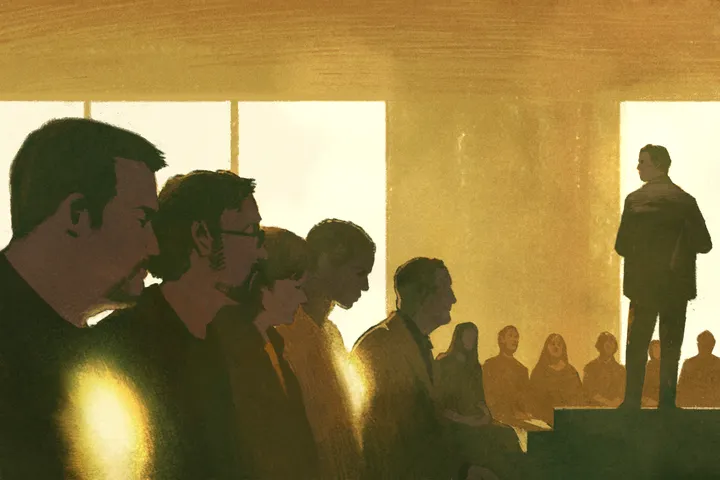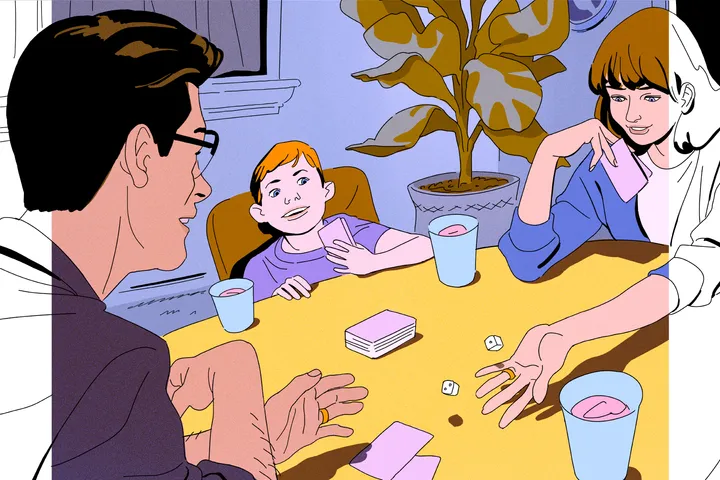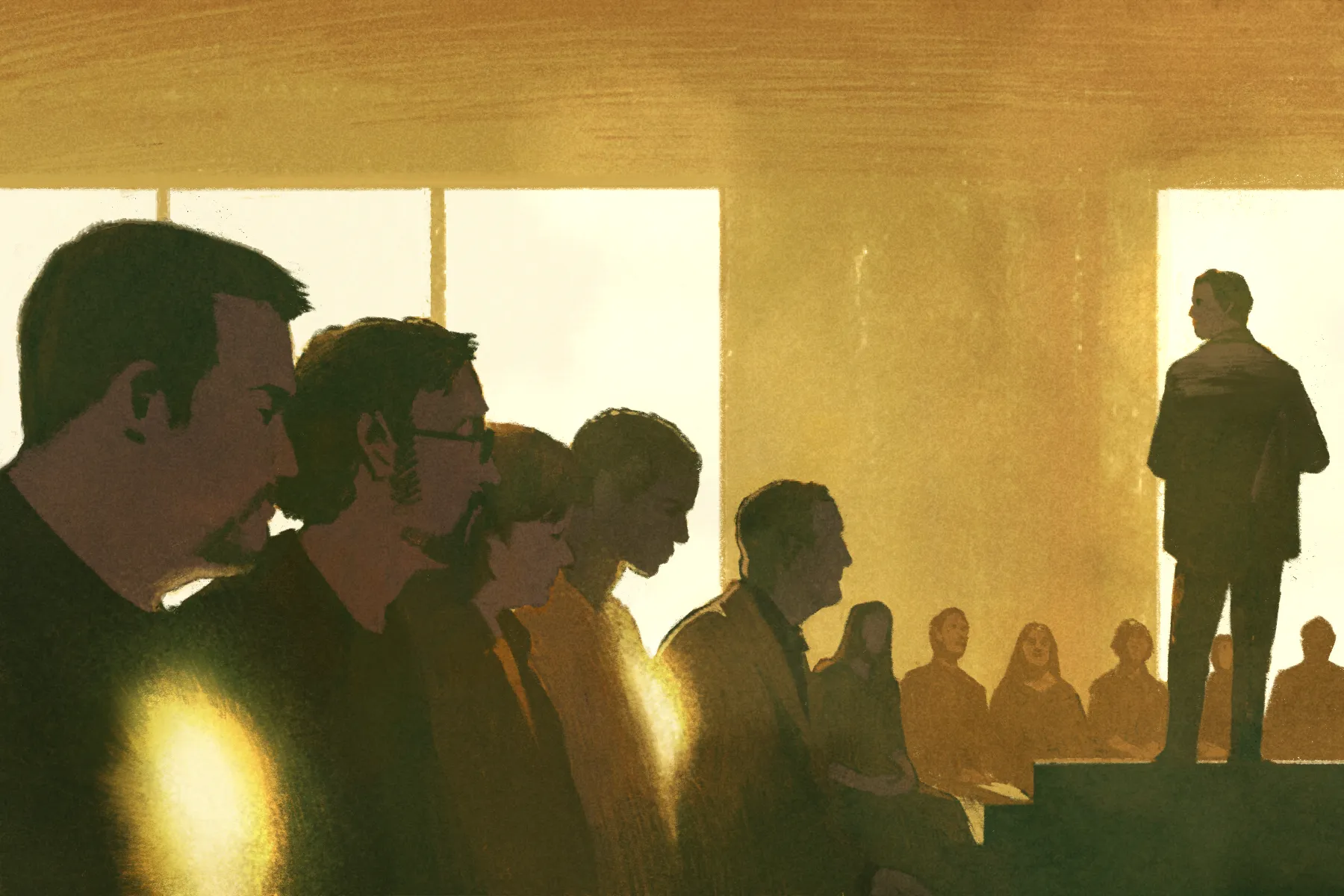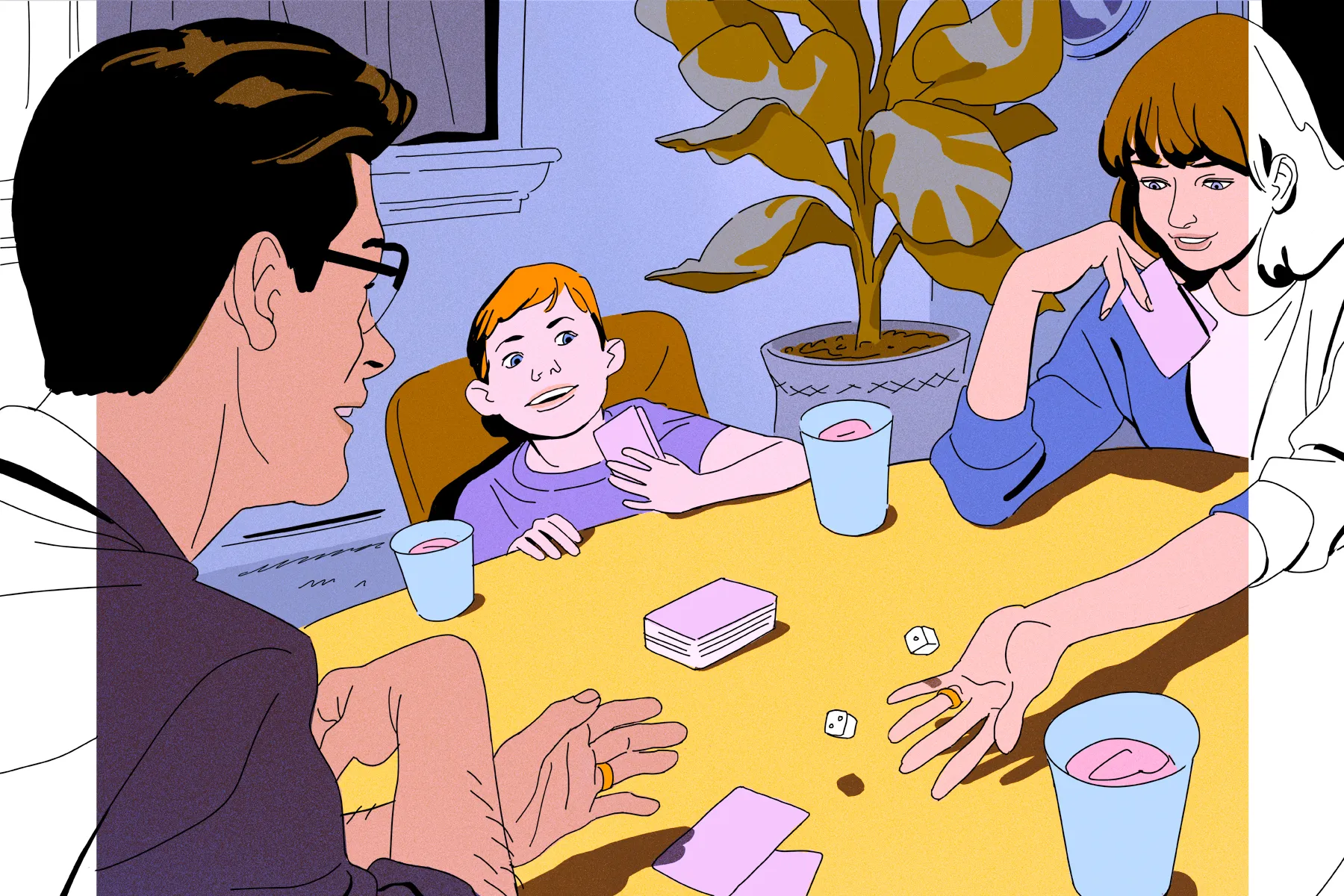I ran my hand over the railing on my way downstairs one morning and stopped when I noticed the deep gap between it and the starting newel post. My husband Steve had drawn my attention to the slight movement in the post over the weekend, how it slipped back and forth if he grabbed it too firmly. By Monday morning, the post wouldn’t budge, though not because it had somehow magically fixed itself. Now, the space between the two pieces of wood had grown to at least an inch, and they would no longer fit together properly.
“Arrgggh,” I muttered to the quiet house. One son had left for school already, and the other two were still asleep. I wondered if Steve had seen the progress, or regress, of the damage before he left for work. I’ll have to add that to the list, I thought as I turned on the coffee pot, popped a piece of bread in the toaster, and made note of the time. I had five minutes until I needed to wake up our middle son. Did I really want to spend that time on the laptop documenting yet another broken thing in our nearly 100-year-old house? The repair list we had been compiling was growing by the day.
Eventually, we will get it all fixed, though I know that just as we resolve one issue, another will pop up. It’s the homeowners’ burden, no matter how old the house. But for me, learning to live with broken things all around is also part of the discipline of acceptance. I try to control too much; I obsess over details. I can’t go to sleep at night unless every pillow is fluffed and every item is in its place. Yet with three teenage boys in the house, it’s a Sisyphean task. The continual litany of brokenness helps me recognize that and evaluate my homemaking priorities.
God’s not as interested in the fixed-up versions of ourselves as He is in the brokenness we have to offer.
Perhaps the most important part of learning to live with damaged things, however, is the reminder that I am damaged, too. So are my husband, our sons, the family and friends we share life with, and the church members we sit next to each Sunday. We can make repair lists for ourselves, we can try to put everything to rights, we can even help each other grow and improve and change, but God’s not as interested in the fixed-up versions of ourselves as He is in the brokenness we have to offer: “The sacrifices of God are a broken spirit; a broken and a contrite heart, O God, You will not despise” (Ps. 51:17).
In another sense, brokenness—our own or our possessions’—becomes a bright spotlight on death and decay in a world that tries to deny their existence, or at least their effects. No matter how much we attempt to fix, cover up, or replace the defectiveness in or around us, we will die, things will fade, and this world will keep on “groaning,” as Paul said, for the better way it was created to enjoy. For restoration, repurposing, and redemption.
I will admit, though, that I would rather live forever without first experiencing death. I want all things to be new without first watching them grow old.
I will admit, though, that I would rather live forever without first experiencing death. I want all things to be new without first watching them grow old. I want the fixed-up version without suffering. But that’s not how it works.
Not exactly.
Right here among so much that lies demolished, we may not experience all the life or the newness or the wholeness we’ve been promised. But we do get a little taste of it. As Paul said to the Corinthians, “Therefore we do not lose heart, but though our outer man is decaying, yet our inner man is being renewed day by day” (2 Corinthians 4:16). In other words, the faulty things around me are one way Jesus fixes me up inside.
The other thing we did recently, besides making a to-do list of near biblical proportions, was to deeply clean the whole house. We swept up all the dust bunnies and threw out old papers that had accumulated in the corners. We even rearranged the furniture in each of our bedrooms. When I pulled up the covers that night, I had a fresh perspective on our house—both figuratively and literally, since we had rotated our bed 45 degrees to the right and pushed it up against the west wall. From that vantage point, the whole room seemed bigger and lighter. And though the list was still in my mind, I was also thankful for the house that necessitated it. Sure, the century-old structure is breaking down, but it also provides a safe place for those of us who live here to work out and, yes, surrender our own brokenness to God, to each other, even to ourselves.
Getty Images





